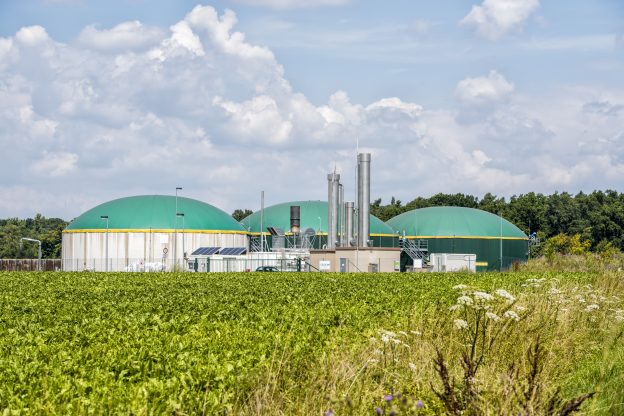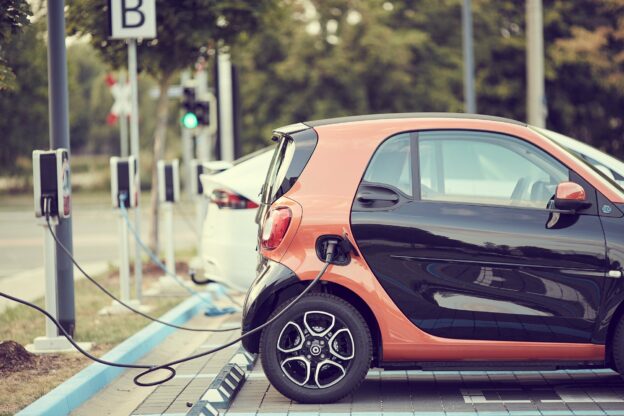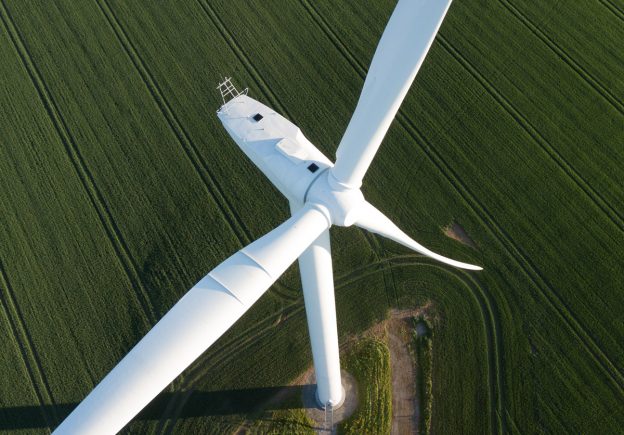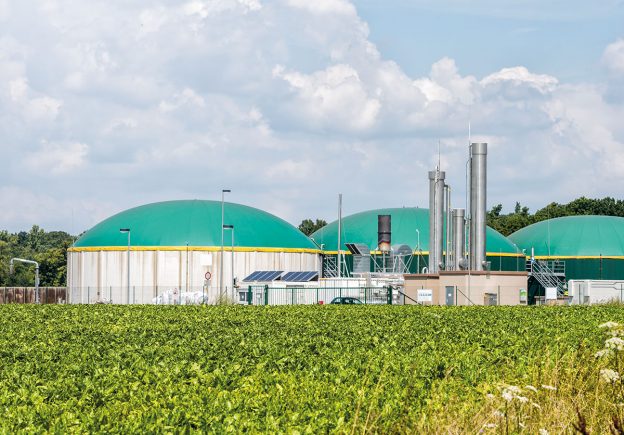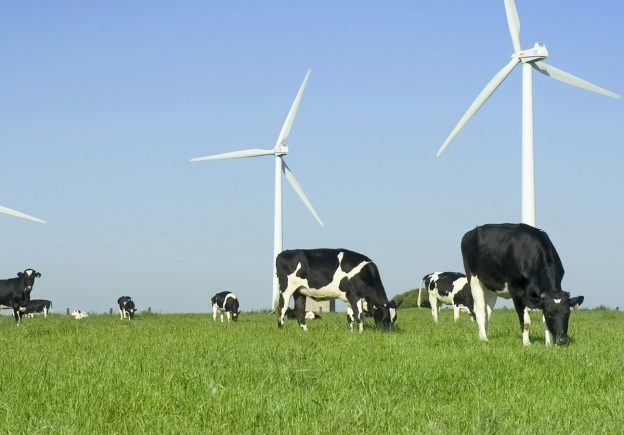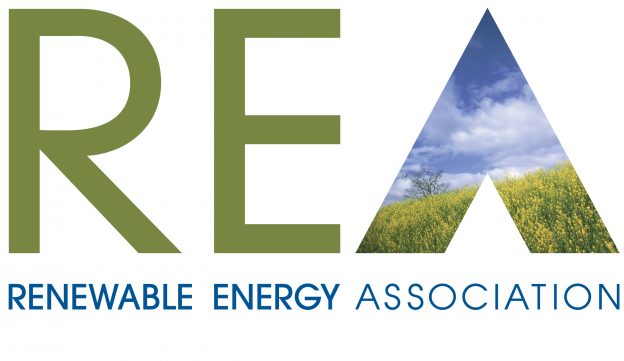Anaerobic digesters offer a great way to sustainably diversify a farm in a way that dovetails with the rest of your farming business.
An anaerobic digestion plant, even at small-scale, allows you to create additional value from slurry and waste, and to produce fertiliser and biofuels on-site.
And crucially, this can add another income stream for your farm, all while reducing the environmental impact of your business.
But running an anaerobic digester alongside the other demands of a busy farm can be a lot of work.
Between managing your feedstocks, negotiating deals on any biogas or electricity you sell, and the regulatory compliance, it can all become a bit of a handful, especially if it is not the main focus of your farming business.
But there are a few things you can do to help get the most out of your anaerobic digestion plant that could potentially mean a big increase in income for your farm, as well as some important tips to make the job of managing your plant easier.
So read on to find how to take some of the angst out of anaerobic digestion.
1. Sort out your anaerobic digester’s feedstock supply
Sourcing additional feedstock for your anaerobic digester from outside your farm can maximise the output of your anaerobic digester, and increase your profits from any biogas or electricity you sell.
If you source feedstock from outside your farm, then getting a good deal on that feedstock is essential.
There are a lot of variables to consider, from the gas yield that different crops will deliver, to their cost, and to the logistics of transporting them to your plant.
An experienced renewable energy Asset Manager with experience in biomass or anaerobic digestion should be able to help you access good quality feedstock at good prices.
Eco2, for example, manages several biomass plants and has access to a UK-wide network of biomass suppliers.
They can help you source suitable feedstocks, arrange logistics, and advise on the appropriate storage of the feedstock on-site.
2. Treat your digestate to produce higher-quality fertiliser
The digestate left as a by-product by anaerobic digestion can be treated to turn it into an effective fertiliser, but in its untreated state is mostly water, and difficult to dispose of properly.
There are strict regulations on what you can do with digestate, and all the additional water volume in untreated digestate means that it can be troublesome and expensive to store or move around.
Also, spreading untreated digestate on land also carries the risk of propagating invasive species, like black grass, which can be extremely difficult to remove from cereal crops.
But by treating the digestate from your anaerobic digester you can remove a large amount of the water content, leaving behind a thick, nutrient-rich slurry that is cheaper to store and to move, and far more useful as a convenient fertiliser.
Some larger-scale treatment processes can remove even more water content, producing dry fertiliser pellets.
Additionally, some treatment processes also pasteurise the digestate, neutralising invasive species like black grass, and bringing your digestate up to PAS110 standard, ensuring that it is a safe and reliable fertiliser.
Some older anaerobic digestion plants do not have their own digestate treatment facilities. But with a bit of investment, treatment facilities can be added to any AD plant, greatly increasing your plant’s performance and value to a farm.
3. Get a better deal on your Power Purchasing Agreement
If your anaerobic digestor includes a Combined Heat and Power (CHP) engine, and you sell electricity to the grid, make sure you get the best deal on your Power Purchasing Agreement (PPA).
The best rates are not the ones you can get ‘off the shelf’ from the biggest energy offtakers. Instead, producers can get better deals at PPA auctions.
This approach has typically only been available to large investment funds with vast portfolios of renewable energy, because they have the time, resources and contacts to put into hunting for the best deals.
But by employing a renewable energy Asset Manager like Eco2 to handle the financials of your anaerobic digester, even owners of relatively small plants can get a better deal from the sale of electricity. Get in touch with Eco2’s asset management team to find out how they can help you.
4. Sell your biogas for road transport fuel, instead of heating
Most gas from anaerobic digesters usually gets sold into the gas grid. But there are other markets for biogas that might prove more lucrative for your farm business.
For example, many farms with an anaerobic digestion plant can make more by selling biogas to the road fuel market.
As well as the revenues from your fuel sales, you also earn RTFCs (Renewable Transport Fuel Certificates), which themselves can be traded, as they are needed by big fuel companies who can’t obtain enough of their supplies from renewable sources.
The value of RTFCs varies with the market, but in recent times, waste-fed AD plants have been able to earn more through the RTFC mechanism for transport fuels than via the Renewable Heat Incentive (RHI) tariff for gas for heating.
And in January 2021, the Government raised the buy-out price ceiling for RTFCs from 30p per litre to 50p per litre, meaning anaerobic digestion plants can get even more income for gas sold for transport fuel.
It is always worth hiring a dedicated Asset Manager to help make sense of the different markets for biogas, and the different subsidy regimes attached to them.
The Green Gas Support Scheme, which will be introduced later in 2021, will also introduce additional flexibility to trade gas into the transport fuel market at the same time as trading gas for heating.
5. Increase the amount of waste in your feedstocks
Selling biogas for road transport fuel can net you a tidy profit with RTFC trading. But if you are using a large amount of non-waste products in your feedstock, you could be missing out on even bigger gains with RTFCs.
Because of the way the Renewable Transport Fuel Obligation works, the greater the waste content in your biogas, the more RTFCs you can earn by producing it.
So, if you are selling into the road fuel market, you can double your income from RTFCs by replacing crop feedstocks with wastes. That could be waste straw, waste animal manure, or food waste.
6. Understand the differences between RTFO and RHI subsidies
It is also important to know how the different subsidy schemes work. If you are selling your biogas for heating, then your gas only qualifies for the Renewable Heat Incentive (RHI) if it contains at least 50% waste content.
This works like a cliff-edge: you get no subsidy at all for less than 50% waste, and no additional benefit for going far over the threshold.
By contrast, the Renewable Transport Fuel Obligation (RTFO) system works on a sliding scale, rewarding producers for each additional unit of waste in their feedstock.
In each quarterly reporting period, you can only claim for either the RHI or the RTFO, not both.
But you can still switch between them at the end of each quarter. This offers you some scope to choose different markets for your biomethane, taking advantage of commercial opportunities.
But however you do it, you can only claim either the RHI or RTFCs in any given quarter.
If you don’t have an anaerobic digester yet but you’re thinking of investing in one, you should know that the RHI scheme is now closed to new applicants (but will continue for plants already registered with it), and new anaerobic digesters will need to register for the Green Gas Support Scheme (GGSS) instead, which opens in Autumn 2021.
The GGSS offers much more freedom than the RHI, and will allow you to claim RTFCs on whatever you sell to the road transport market and GGSS on whatever you sell for heating, in the same quarter.
This will give new AD plants much more flexibility in where they sell their gas. Unfortunately, AD plants that are already registered with RHI can’t switch over to GGSS, at least not in the foreseeable future.
The continually changing landscape of the biogas subsidies, along with the shifting market conditions and changing feedstock standards, means it can be tricky to work out which market is best to sell your gas to.
But for a bespoke solution designed to maximise the profitability of your anaerobic digester, speak to an expert renewable energy asset manager, like Eco2.
7. Capture and sell the CO2 from your anaerobic digester
Increasing production of renewable biofuels, including from anaerobic digestion, is important to meeting the all-important goal of Net Zero greenhouse gases by 2050.
Anaerobic Digestion is a carbon-neutral process. Yet counter-intuitively it often releases a lot of CO2 into the atmosphere.
That’s because the CO2 released during the anaerobic digestion process would be released anyway if the biomass were left to decompose naturally in the open air.
But instead of releasing this CO2, the carbon from anaerobic digesters can actually be captured, to either be stored or used elsewhere.
This is called Carbon Capture, Utilisation and Storage, or CCUS. With CCUS, anaerobic digestion turns from a carbon-neutral activity into one that is carbon-negative, actively reducing the net amount of CO2 released into the atmosphere and doing more to tackle climate change.
This isn’t just good for the planet. It can be good for your profits too. While CCUS technologies in other industries can be quite difficult and costly, the process of capturing CO2 in anaerobic digestion is actually quite straightforward.
Adding a CO2 liquefaction plant to your anaerobic digester means you can capture CO2, and then sell it for use in everything from refrigerators and fire extinguishers to food products and chemical processes.
These applications are always going to need CO2, but sourcing it from anaerobic digestion rather than non-renewable sources reduces the amount of greenhouse gases we release into the atmosphere overall.
Captured, liquefied CO2 can be sold for around £120 per tonne, and solid CO2 (which requires cooling even further) is worth even about £600 per tonne.
So as well as helping to combat climate change, you can also make even more money from your anaerobic digester by selling CO2 as well.
8. Hire an asset manager to take care of your anaerobic digester
If all these ideas seem like they would create too much work for you, don’t worry. The simplest way to get the most out of your anaerobic digester is to get a dedicated Asset Manager involved who can do all this for you.
Renewable energy Asset Managers are experts in the administrative and technical management of renewable energy plants, such as wind, solar or biomass plants, or anaerobic digestors.
Some Asset Managers specialise in just dealing with large-scale renewable energy projects, or focus on one or two renewable technologies, like wind energy.
But others, like Eco2, handle all kinds of renewable energy, including biomass and anaerobic digestion, meaning that they have a wide network of contractors and suppliers, as well as teams around the UK.
Eco2 have been managing and improving the performance of biomass assets for 15 years and are now a one-stop-shop to handle the financial, technical, fuel procurement and regulatory management of all kinds of renewable energy plants, including anaerobic digesters.
They deal with everything from the negotiation of PPA deals, to optimising your feedstock, managing subsidies and reporting to OFGEM, to managing monitoring, maintenance and regulatory compliance.
With highly competitive fees, a Management Services Agreement from Eco2 could easily pay for itself through expert management of your anaerobic digester, while freeing you up to focus on the other demands of your farm and your business.
